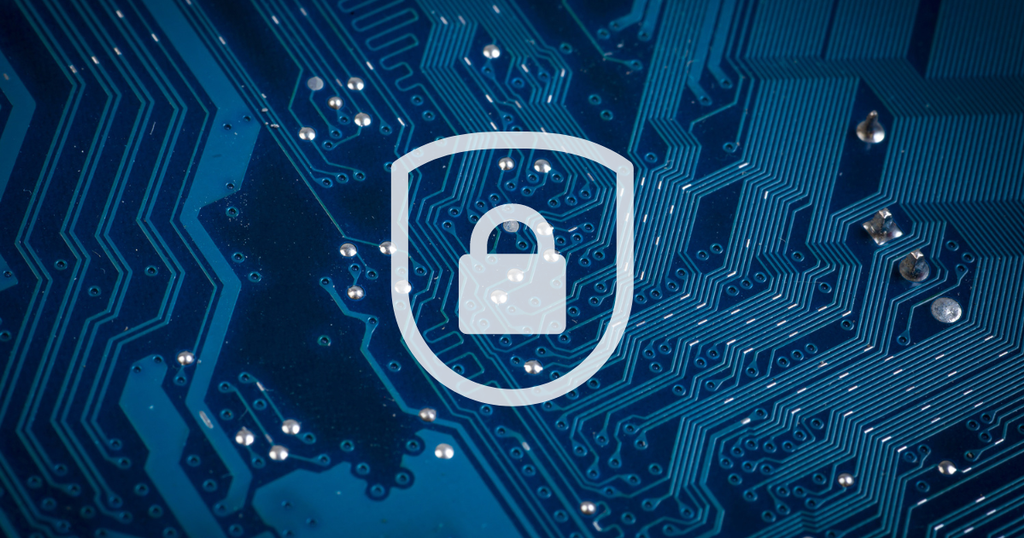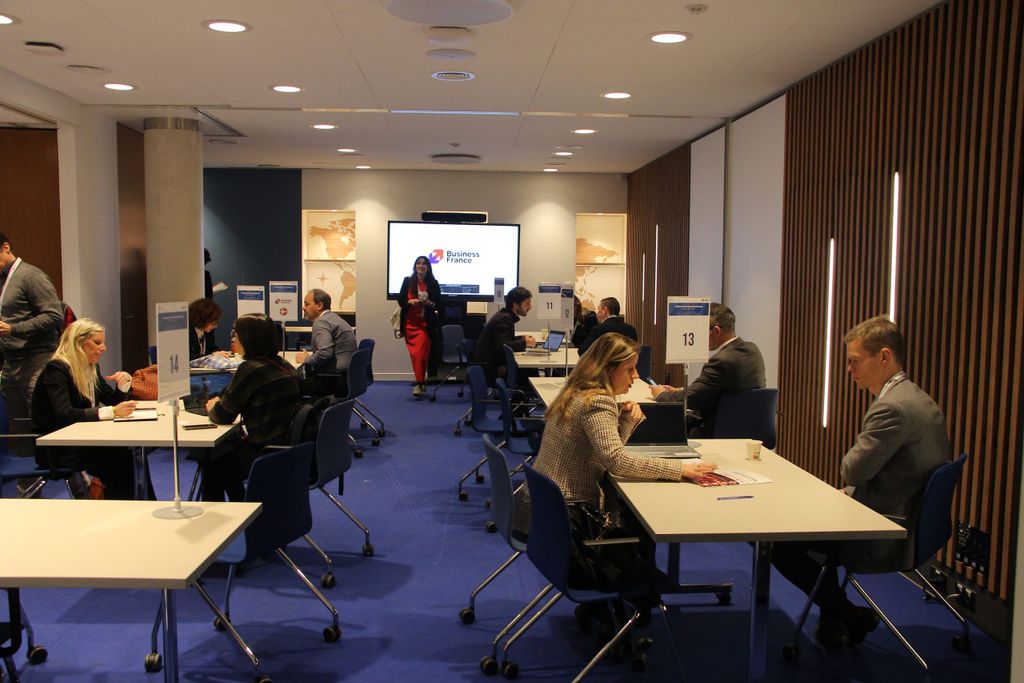- Market Info
Cybersecurity in mobilities: securing the future of new transports

Tomorrow’s mobilities must combine with the new cyber threats. Indeed, all new vehicles and not only autonomous ones, are more connected and carry more technology than ever. Automakers must protect themselves as well as drivers and all road users. Therefore, the global market for cyber protection technologies is growing! Since France has a long-standing automotive industry and the best safety manufacturers and startups, a national cybersecurity strategy is willing to support this promising market.
Cybersecurity in mobilities: a booming market
The automotive industry takes the issue of cybersecurity very seriously. For more than a decade, manufacturers have been seeking answers to the unique challenges posed by the significant evolutions of the sector, including automation, connectivity, and shared mobility. In the process, cybersecurity threats are evolving drastically, forcing automakers and their suppliers to adapt quickly to ensure the long-term security of their fleet. The global automotive cybersecurity market is expected to grow from USD 2.4 billion in 2019 to around USD 6 billion by 2025. There are, therefore, real business opportunities!
According to McKinsey & Company, our cars today contain some 100 million lines of code. It is estimated that by 2030 this number will have tripled. By comparison, an airliner includes about 15 million lines of code and the operating system of a standard PC up to 40 million. The more complex the machine, the greater the risk of cyber-attacks along the value chain.
Cybersecurity in mobilities: a booming market
In February 2021, the government introduced a National Cybersecurity Acceleration Strategy to triple the turnover of the cyber sector and create 37,000 jobs by 2025. Backed by the France Relance plan and then by France 2030, €1 billion will support projects to develop sovereign and innovative cybersecurity solutions.
As part of this strategy, the Cyber Campus was inaugurated on February 15, 2022. It will be the spearhead of France’s cyber policy. It brings together more than 160 national and international players in digital security or 1,800 experts. The Campus is designed to encourage research and development projects and the emergence of tomorrow’s cyber unicorns. Today, France has more than 270 startups in artificial intelligence and 729 companies that offer disruptive technology solutions (IoT, Big Data, AI, etc.).
Cybersecurity systems already deployed by major French manufacturers
For example, the French electronics group specializing in aerospace, defense, security, and ground transportation, Thales, has been acting alongside automakers in the cybersecurity field since 2013. Thales has had real expertise since its 2019 acquisition of Gemalto, the inventor of the smart card. The group has several Security Operations Centers (SOCs) worldwide, which help automakers monitor the international situation and protect vehicles against emerging cyberattacks. It also participates in the “Software Republic” ecosystem set up by Renault.
In addition, since 2012, France has had an Institute for Technological Research (IRT) called SystemX, which works on digital transformation. One of the sectors it addresses is autonomous transport, for which cybersecurity is a crucial issue. For five years, the institute led a project (Cybersecurity of Transport), bringing together eight manufacturers, including Renault, Stellantis, and Valeo, for the automotive industry. It was conducted with the French National Agency for Information Systems Security (ANSSI) and the French National Gendarmerie.
Finally, the partners have developed the “CHESS (Cybersecurity Hardening Environment for Systems of Systems) for Transport,” equipped with a powerful attack detection engine and connected to a Security Operation Center (SOC) to define responses to security incidents. In the wake of this, another project (Resilience of Intelligent Transport, aka RTI) has been launched to provide solutions that the industry can use. The aim is to ensure the resilience of the control of autonomous cars and fleets of drones in the face of cyber threats.
French research continues to make progress on automotive cybersecurity!
The world-renowned French university Télécom ParisTech launched the “Connected Car & Cyber Security” (C3S) Chair in October 2017. This research and teaching chair was created with five major companies: Nokia, Renault, Thales, Valeo, and Wavestone. It focuses on risk analysis and operational security; data protection (including personal data) and real-time data flows; cryptography and agility; authentication, identity, and behavioral fingerprinting. The chair, which aims to become an international reference, is a good investment for a company like Renault, which will benefit from first-hand information to fine-tune its strategy. As part of the national cybersecurity strategy, some 9,250 people will be trained to become specialists in the field at all levels, from Bac+2 to Bac+8. The research will also be supported through the funding of 100 theses.





